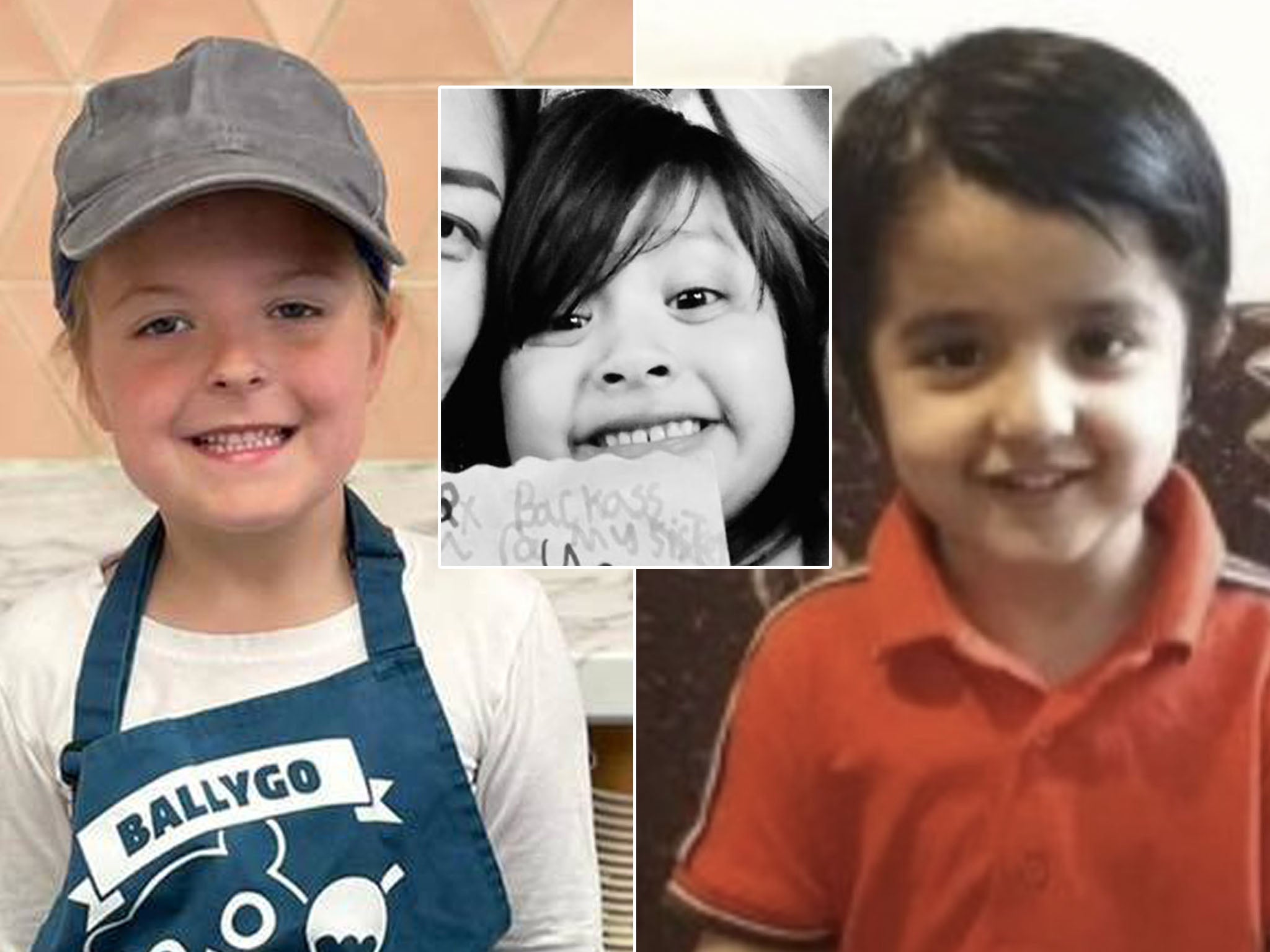Strep A child death toll rises to 32 as cases remain high
Scarlet fever and iGAS infections continue to be higher than usual for this time of year
Your support helps us to tell the story
From reproductive rights to climate change to Big Tech, The Independent is on the ground when the story is developing. Whether it's investigating the financials of Elon Musk's pro-Trump PAC or producing our latest documentary, 'The A Word', which shines a light on the American women fighting for reproductive rights, we know how important it is to parse out the facts from the messaging.
At such a critical moment in US history, we need reporters on the ground. Your donation allows us to keep sending journalists to speak to both sides of the story.
The Independent is trusted by Americans across the entire political spectrum. And unlike many other quality news outlets, we choose not to lock Americans out of our reporting and analysis with paywalls. We believe quality journalism should be available to everyone, paid for by those who can afford it.
Your support makes all the difference.England saw a rise in infections caused by the Strep A bacteria between Christmas and New Year, while at least four more children died from a related disease.
At least 32 children have died from invasive group A streptococcal disease (iGAS) in the UK since 19 September, and cases of scarlet fever, which is also caused by Strep A, have skyrocketed.
There have been 35,616 notifications of scarlet fever in the last four months while a total of 151 people across all age groups have died from iGAS in England over the same time period.

Infections have been found across the country, with the largest number in southeast England, where 242 iGAS cases have been reported.
The UKHSA has recorded 29 deaths of children from iGAS in England, while three child deaths have been recorded between health authorities in Wales and Northern Ireland.
Some 176 cases have been reported in Yorkshire and the Humber and 159 have been reported in London.
The latest data from the UK Health Security Agency (UKHSA) showed the rise in iGAS cases slowed in the week after Christmas, though cases remain higher than in recent years.
Cases of iGAS in England rose by 16 per cent between 28 December and 1 January, slower than the 20 per cent rise in the week before.
Dr Obaghe Edeghere, UKHSA incident director, said: “As children return to school, scarlet fever and ‘strep throat’ continue to circulate at high levels and so it is important that we all wash our hands regularly and thoroughly and catch coughs and sneezes in a tissue.
“This will help stop germs spreading between children and to other vulnerable groups and will help prevent the spread of other winter illnesses that are currently circulating at high levels, including flu and Covid-19
“It’s not too late to take up the free flu and Covid-19 vaccines if you’re eligible – we know that group A strep infections can be more serious when combined with another infection like flu.
“Most winter illnesses can be managed at home and NHS.UK has information to help parents look after children with mild illness. Deaths and serious illness following group A strep infection are very rare and the infection can be easily treated with antibiotics.”
Symptoms of scarlet fever, as listed by the NHS include a high temperature, swollen glands or an aching body, a rash that feels rough, and scabs and sores.
Scarlet fever and other Strep A related illnesses, such as strep throat, have a small chance of developing into the deadly iGAS, which has around a one in 10 fatality rate.




Join our commenting forum
Join thought-provoking conversations, follow other Independent readers and see their replies
Comments